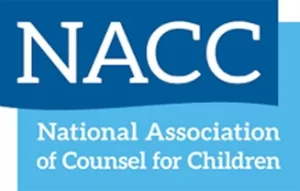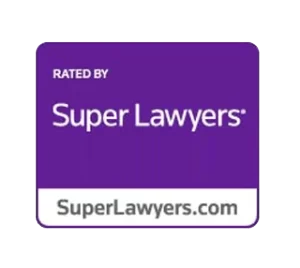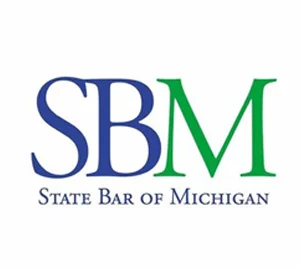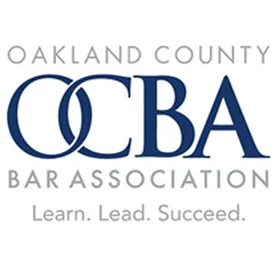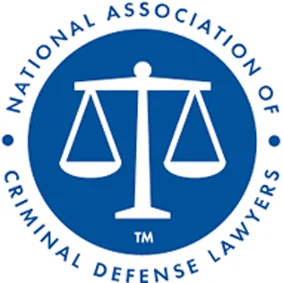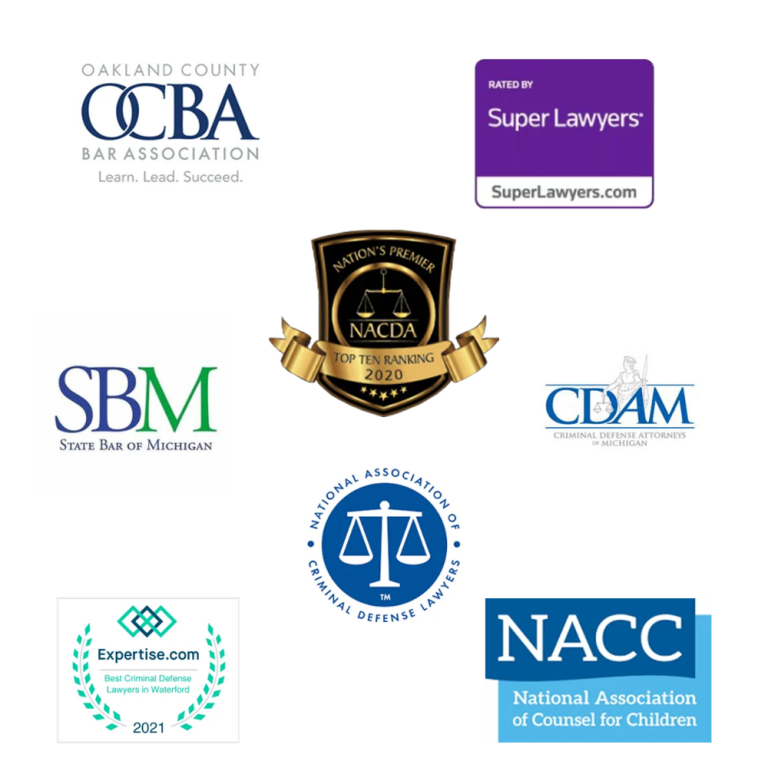
At Kirsch Daskas Law Group, we aim to make the expungement process as smooth as possible. Below is a checklist of needed items to help you prepare for expungement. If you have any questions, our legal assistant Rachael Williams is happy to assist. She can be reached at rach@kdlawgroup.com.
Steps to Prepare for Expungement
Identify Your Criminal Record
- Know Your Convictions: Identify what is on your criminal record and the date(s) of conviction. If you are unsure, we can obtain your criminal history through Michigan’s Internet Criminal History Tool (ICHAT) and from the FBI if there may be a conviction from out of state.
Get Fingerprinted
- Fingerprinting: Get fingerprinted using an RI-008 card. There is a small fee, and printing is available at any local police station or Michigan State Police Post. After the fingerprints are complete, go to each court where you were convicted and obtain a certified copy of the conviction and/or Judgment of Sentence. If you prefer, we can do this for you.
Personal Statements
- Life Since Conviction: Write a statement explaining how your life has been since the conviction.
- Benefits of Expungement: Write a statement explaining how removing the criminal conviction(s) from the public record will improve your life.
Gather Supporting Documents
- References: Compile a list of people with names, addresses, phone numbers, and emails who can attest to the positive changes you have made in your life since your conviction(s).
- Employment Proof: Obtain documentation to prove employment since your conviction. This can be in the form of an offer letter, pay stubs, or tax returns.
- Education History: Gather documentation showing your education history, including diplomas, certificates, awards, report cards, progress notes, or other achievements.
- Treatment Records: Provide documentation of mental health, substance abuse, or other treatment, if any. This may be a letter from a provider or an evaluation.
- Career Impact: Obtain documents from potential employers or licensing boards explaining how setting aside your conviction will help you progress in your career.
- Additional Documents: Include any other documentation you want to show the judge.
Filing the Petition
- Prepare the Petition: All the above items are attached to the Petition and will be served on the local prosecutor and Attorney General. The Judge will receive a copy when the Application/Petition is filed with the Court.
- Hearing Date: A hearing date will be set approximately three to four weeks later. The Judge will rule at the hearing and enter an Order Setting Aside Conviction or Denying the Petition To Set Aside the Conviction.
Post-Expungement
- Review Qualifications: Clean Slate laws are specific about which convictions qualify for expungement. We will review each case individually and advise if the statute precludes the relief you seek before filing the Petition. If the conviction is set aside, we will obtain a true copy of the Order.
- Check Your Record: One month after the conviction is set aside, your record should be clear. You can check ICHAT to see if your conviction is still public, or we can follow up and do this for you. If your conviction remains, the Michigan State Police must be notified. It is also important to clear your record with the Michigan Department of Corrections. The Order must be sent to them by mail.
This checklist provides a basic understanding of the procedure to expunge a criminal conviction from the public record. This is a tremendous opportunity for a clean slate. At Kirsch Daskas Law Group, PLLC, we are committed to helping our clients reach their goals through zealous client-centered advocacy. We look forward to helping you achieve your expungement goals.
For more detailed information on expungement, visit our Expungement page.





